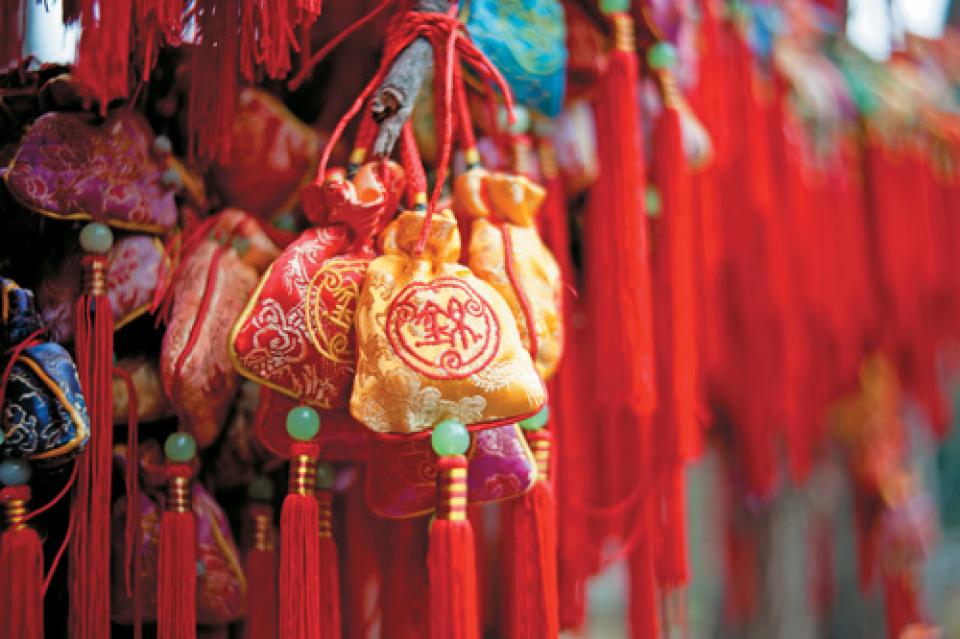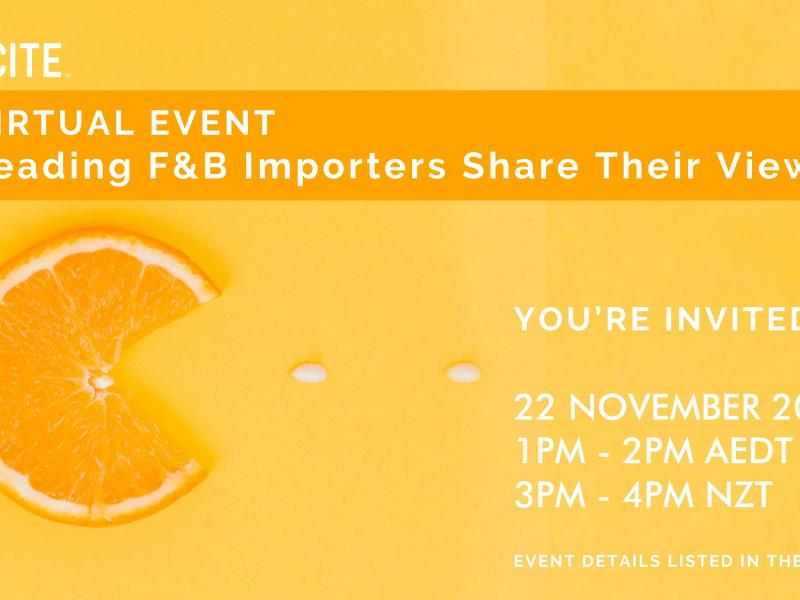There’s loads of money, squillions of consumers, but culture is key to doing business in Asia, says Singaporean adoptee Hugh Mason.
On the screen are three pictures: a cow, some grass and a chicken. Which is the odd one out? The chicken? A smattering of hands go up. The grass? Arms explode upwards and presenter Hugh Mason looks crestfallen. The well-heeled audience of angel investors and early stage company advisers at the 2013 Angel Summit in Dunedin had just fantastically disproved Mason’s hypothesis. Normally, more than 70 percent of Western audiences put the chicken and the cow together, while Asian audiences put the cow and grass together because of the “relationship” between cows and grass, says Mason. “In Asia, relationships are everything.”
Mason, a British-born, former Tomorrow’s World television producer and successful entrepreneur, says like most people he was lulled into a false sense of security when he first arrived in Singapore in 2008. “On the surface it looks very westernised. They’ve got Starbucks and WiFi. It’s incredibly easy to be seduced by that and think you’re dealing with people who think the same way. But people in the East have thousands of years of culture that’s different, so they think differently.”
Mason is co-founder of JFDI Asia, Asia’s leading business accelerator which boasts a staggering 60 percent success rate for developing ideas and securing funding for its entrepreneurial graduates.
Fundamentally if you want to raise capital or do business in Asia, “culture is key,” says Mason. “It’s a very face-to-face culture. Compared to the West the trust levels are much lower so it takes a lot longer to establish social proof.”
To establish these relationships and prove yourself worthy of a long-term business relationship with an Asian partner, there are several often subtle but absolutely fundamental concepts that need to be grasped, says Mason. Primary among these is the concept of ‘face’, which roughly translates to mean dignity. "For example, if you’re in a taxi and the taxi driver does something wrong you can berate them all you like if you’re on your own. But if you’re with another person as well as the driver you mustn’t make the driver ‘lose face’ because the other person you’re with will worry you will do the same to them one day."
So if you need to be frank with someone, do it in a one-to-one meeting, says Mason. But don’t assume they’ll be frank back. The ‘face’ culture is so ingrained that rather than say ‘they are not interested’, your potential Asian partner will often simply not reply or get back to you. It’s not rude, just a different way of doing business, says Mason.
Another confusing aspect of business in the East is the vast number of middlemen who promise the earth but rarely deliver as they are not even close to the person who really makes decisions. If you’re serious about doing business in Asia, you have to visit; you have to find out for yourself who owns the factory, says Mason.
Occasionally people do pull off a deal with limited contact, but this often means they don’t really understand why; what social need their product or service is fulfilling, says Mason. “Don’t assume that the same things that make your product or service appealing in your home market are going to be the same in an Asian market.”
To illustrate this idea, Mason tells the story of one business which sells “essence of chicken”.
“Basically it’s chicken stock marked up 1,000 percent and promoted in a way you couldn’t do in the UK with a whole lot of bogus crap about how it will help your kid pass exams. It works because it fits with Asian mythology that chicken soup is good for your kids, so here is bottled, concentrated chicken soup.”
Asians care deeply about mythology and there is something very magical about New Zealand for many, says Mason, but not in the way many of us think about our home country. “They are not interested in recycling or ‘green’ issues, but they do care about purity and doing the right thing for their children; boosting their brainpower and stuff like that.”
Then there are the tools and rules of doing business. These vary greatly from country to country and between different ethnicities. For example in India, a contract is normally just the beginning of negotiations, says Mason, while in Indonesia there’s still a lot of power tied up in regional warlords, who you really, really don’t want to upset!
“So pick your partners carefully. Don’t take anything for granted. Visit and spend time.”
Lesley Springall is an Auckland-based freelance business journalist.
www.linkedin.com/in/lesleyspringall This article was first published in the March issue of NZBusiness magazine.
Hugh Mason’s must-reads for Asia:
The Geography of Thought by Richard E. Nisbett – understanding why Asians and Westerners think differently.
Asian Godfathers by Joe Studwell – understanding where the money and power lie in Southeast Asia.





